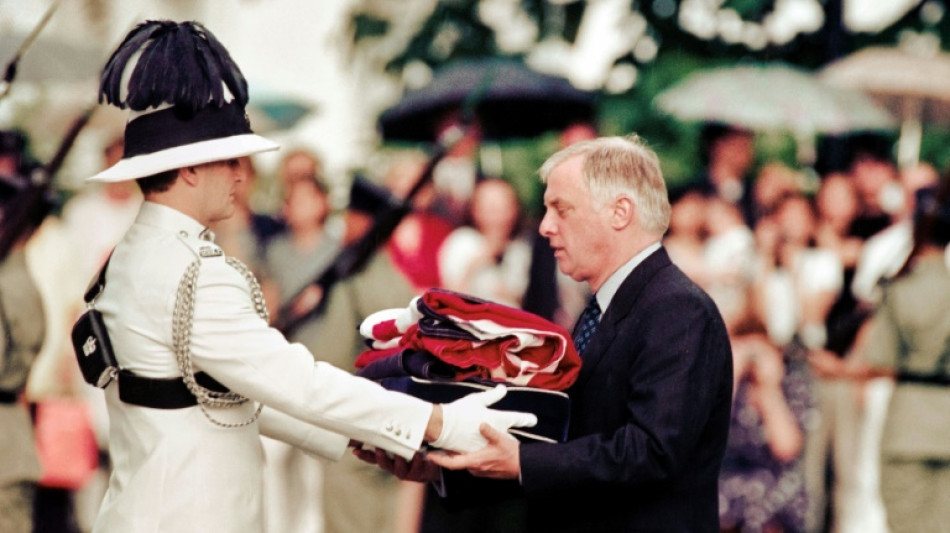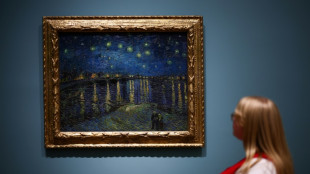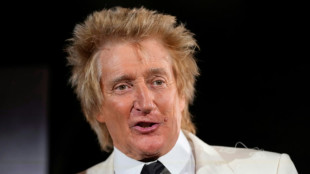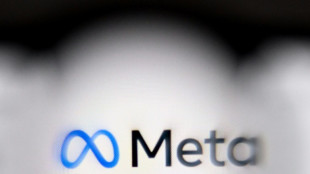

Patten hits outs at China's 'vengeful' acts in Hong Kong
On June 30, 1997, Britain's last governor of Hong Kong Chris Patten left Government House for the final time, struggling to contain his emotions as the "Last Post" played and the Union flag was lowered.
The 25th anniversary is approaching of that rainy day and the midnight handover to China on July 1 that the BBC at the time called "the epilogue of empire".
For Patten, now 78, the memory of his departure is still vivid.
"It was a big wrench. I had five extremely enjoyable and fruitful years in Hong Kong and I miss it," he told AFP on Monday.
But in the intervening years, his "sadness" has been replaced by anger at Beijing and President Xi Jinping, whom he accuses of "vengefully" targeting the city's freedoms.
Under the Sino-British Joint Declaration, China agreed Hong Kong could keep some freedoms and autonomy for 50 years under a "One Country, Two Systems" model.
But a National Security Law imposed by China in 2020 has eroded those freedoms, targeting pro-democracy activists and local media.
Hong Kong once had a raucous law-making chamber but now only those who are loyal can stand for office to join a body which passes new laws.
- The 'dictator' -
"China has ripped up the joint declaration and is vengefully and comprehensively trying to remove the freedoms of Hong Kong because it regards them as a threat, not to the security of China but to the ability of the Chinese Communist Party to hang on to power," he said.
Some critics say Britain could have done more for Hong Kong before the handover, but Patten insisted the country did not betray the finance hub.
"Whatever we had done in terms of changes before 1997 were unlikely to have affected the way that the Chinese Communist Party behaved after the arrival of Xi Jinping in the top job," Patten said.
"I think the big changes have come since 2012, 2013, 2014 since Xi Jinping's been the dictator."
Xi, the son of a revered communist revolutionary, was named general secretary of the Chinese Communist Party in 2012 before becoming president the following year.
- 'Constrain China' -
The 25th anniversary marks the halfway point of Beijing's "One Country, Two Systems" promise for Hong Kong, a deal that was enshrined in the 1984 joint declaration signed by British prime minister Margaret Thatcher and Chinese premier Zhao Ziyang.
Recent coronavirus outbreaks in the territory have overshadowed plans for celebrations and it is still unclear if Xi will attend them in person.
During the launch Monday of "The Hong Kong Diaries", his book based on his time as governor, Patten told reporters, "the most difficult part of the job was... negotiating with China to try to safeguard 'One Country Two Systems'."
In his farewell speech in 1997, Patten said it had been "the greatest honour and privilege" of his life to have been governor and to have "some responsibility for Hong Kong's future".
"Now Hong Kong people are to run Hong Kong. That is the promise and that is the unshakeable destiny," he added.
But China, Patten now says, has breached the declaration "comprehensively".
The former Conservative party chairman said things went "downhill" in the city partly because Xi and his colleagues were "terrified" of what Hong Kong actually stands for.
But while Patten said it was necessary to "constrain China", he admitted it was also necessary to deal with China to tackle climate change and epidemics.
"But I don't think we should delude ourselves; I think we have to be pretty clear about what is our real interest, and we have to constrain China, not contain it."
- Fears over Taiwan -
After Russia's invasion of Ukraine in February, there have been heightened fears over similar action by China against self-governed democratic Taiwan.
Beijing claims all of the island as its own territory, and has said it is determined to retake it, by force if necessary.
Patten said Xi must learn "what an incredibly dangerous enterprise it would be" after seeing the difficulties the Russian army has faced in Ukraine and the world's reaction.
"My gut instinct is it's so dangerous for Xi Jinping to try that I hope the system will encourage him not to do it," he said.
O.P.Becker--LiLuX



